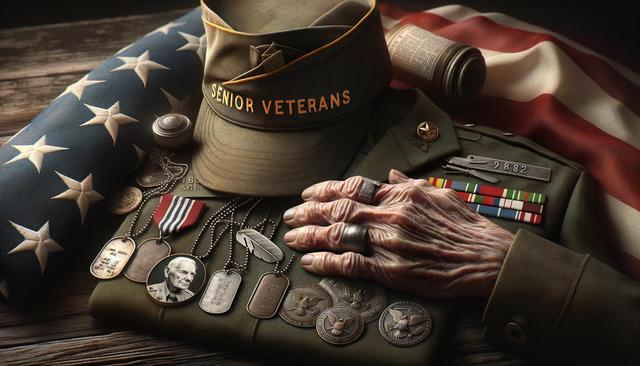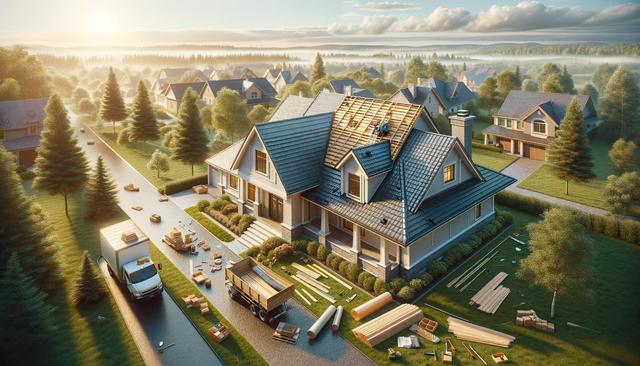
Honoring Senior Veterans: Supporting Those Who Served
The Legacy of Senior Veterans
Senior veterans have contributed immensely to the freedoms and values many enjoy today. As individuals who served in various branches of the military, often during times of conflict or crisis, these veterans carry with them a wealth of experience, stories, and sacrifices. Their legacy is not only etched in the annals of military history but also in the communities they helped shape after returning from service. Many have gone on to serve as mentors, community leaders, and advocates for fellow veterans, making a lasting impact beyond their years in uniform.
Recognizing their service is more than a symbolic gesture—it’s an acknowledgment of the hardships they endured and the resilience they demonstrated. These veterans often faced challenges such as transitioning back to civilian life, coping with physical or psychological injuries, and navigating veteran services. As they age, their needs evolve, requiring tailored support that takes into account their unique experiences and contributions.
Health and Wellness Needs
Health is a major concern for senior veterans. Many face chronic conditions that are linked to their time in service, such as mobility issues, hearing loss, or exposure to hazardous materials. Access to quality healthcare is a top priority, and organizations that serve veterans must ensure that aging veterans receive comprehensive and compassionate care.
Key areas of focus for senior veteran health include:
- Routine check-ups and preventative screenings
- Mental health support, including PTSD treatment
- Physical therapy and rehabilitation services
- Access to affordable prescription medications
In addition to medical care, wellness programs that promote physical activity, nutrition, and social interaction can significantly improve the quality of life for senior veterans. Community centers, veteran health clinics, and assisted living facilities with veteran-specific programs play a vital role in supporting their well-being.
Access to Benefits and Resources
Many senior veterans may not be fully aware of the benefits available to them. Navigating the system can be complex, especially for those who are dealing with memory loss or lack of digital literacy. Therefore, providing clear guidance and assistance in accessing these benefits is crucial.
Common resources available to senior veterans include:
- Pension programs and financial aid
- Housing assistance and home modification grants
- Transportation services for medical appointments
- Veteran-specific assisted living options
Nonprofit organizations, local government agencies, and veterans’ advocacy groups often work together to bridge the gap between available services and the veterans who need them. Outreach programs and veteran resource officers can make a substantial difference in helping seniors get the support they deserve.
Fostering Community and Connection
Isolation is a growing concern for older adults, including veterans. After a life of active service and camaraderie, many senior veterans find themselves feeling disconnected in retirement. Building strong community networks can counteract these feelings and provide meaningful engagement opportunities.
Ways to foster community among senior veterans include:
- Veteran support groups and peer counseling
- Participation in local veteran events and commemorations
- Volunteer opportunities within veterans’ organizations
- Storytelling and oral history projects to preserve their experiences
Social connection has been shown to improve mental health and overall happiness. Community-based programs that create spaces for veterans to share their stories, bond over shared experiences, and support one another are essential components of holistic care for this population.
Planning for the Future
As they age, senior veterans and their families face the important task of planning for end-of-life care and legacy preservation. This includes making decisions about long-term care, advanced directives, and ensuring that military honors and burial benefits are in place. It’s a delicate topic, but one that brings peace of mind when addressed early and thoroughly.
Key considerations in future planning include:
- Creating or updating wills and estate plans
- Choosing a trusted healthcare proxy
- Understanding VA funeral and memorial benefits
- Documenting military service and awards for future generations
Support from legal aid services, veteran affairs offices, and senior care advisors can be invaluable in helping families navigate this process. Preserving the stories and contributions of senior veterans also ensures that their legacy continues to inspire future generations.


